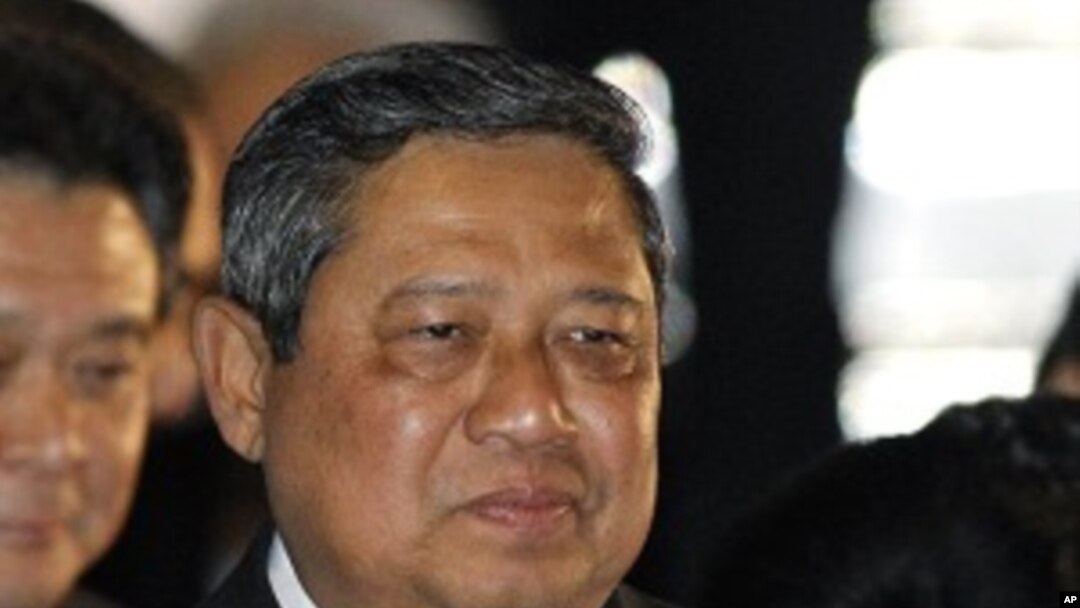Indonesian President Susilo Bambang Yudhoyono Tuesday called for an immediate ceasefire in Libya and expressed concerns that the United Nations-sanctioned coalition is focused exclusively on military action and not on finding a peaceful solution there.
Letter sent to UN
Speaking on national television Tuesday, President Yudhoyono reiterated his support for preventing civilian casualties in Libya. He cited a letter he sent to the United Nations secretary general in February.
He says he called on the United Nations and the International community to end the violence and protect civilians.
The Indonesian president says he has reservations about the Security Council resolution that authorized an international coalition to take measures to protect civilians under attack by the Libyan military. He says the coalition has focused on military measures, attacking Libyan military bases and implementing a no-fly zone.
Indonesian Foreign Minster Marty Natalegawa recently criticized the no-fly zone, saying it caused more civilian casualties. President Yudhoyono says the coalition has overlooked other important elements of the U.N. resolution.
Yudhoyono says the resolution also calls for finding a peaceful solution to the conflict and calls for an immediate ceasefire in Libya.
Muslim majority criticism
Evan Laksama, a researcher with the Center for Strategic and International Studies in Jakarta, says the president comments were directed both to the United Nations and to Islamic groups in Indonesia that have protested the U.N. intervention. He says there is growing criticism in many Muslim-majority countries that the offensive military action taken by the coalition is exceeding its mandate and could lead to another foreign occupation of a country in the Middle East.
Laksama says the president's calls for both action to protect civilians and a ceasefire may contain a degree of hypocrisy, But, Laksama says unreserved support for western intervention in Libya would have political repercussions at home.
"A prolonged military intervention that would lead to a regime change would definitely affect our domestic politics as well and stability," Laksama said. "So I think it has nothing to do with hypocrisy or not. I think it has to do a lot with the pragmatic nature of domestic politics."
President Yudhoyono says he would consider contributing to an international peacekeeping force in Libya, once all sides agree to a ceasefire.



